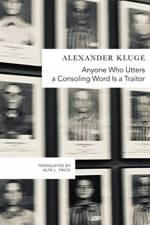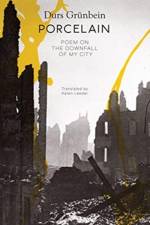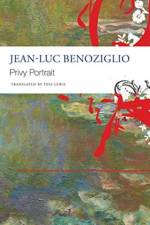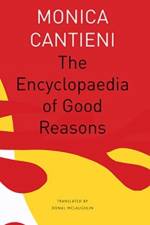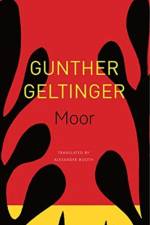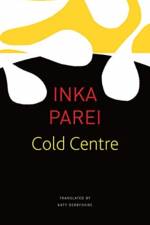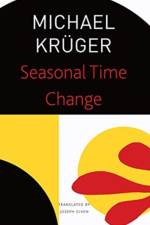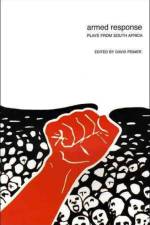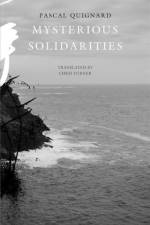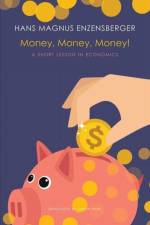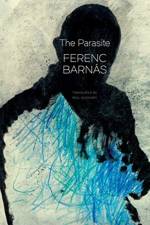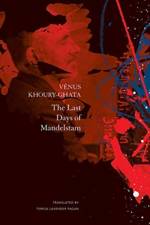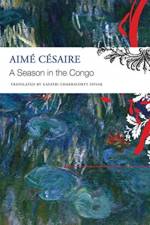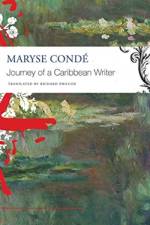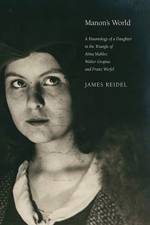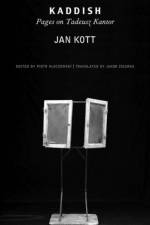- A Short Lesson in Economics
av Hans Magnus Enzensberger
285,-
A unique and modern approach to money, wealth, greed, and financial ignorance presented via a story of a family in the Munich suburbs. The Federmanns live a pleasant but painfully normal life in the Munich suburbs. All that the three children really know about money is that thereâ¿s never enough of it in their family.  Every so often, their impish Great-Aunt Fé descends on the city. After repeated cycles of boom and bust, profligacy and poverty, the grand old lady has become enormously wealthy and lives alone in a villa on the shore of Lake Geneva. But what does Great-Aunt Fé want from the Federmanns, her only surviving relatives? This time, she invites the children to tea at her luxury hotel where she spoils, flummoxes, and inspires them. Dismayed at their ignorance of the financial ways of the world, she gives them a crash course in economics that piques their curiosity, unsettles their parents, and throws open a whole new world. The young Federmanns are for once taken seriously and together they try to answer burning questions: Where does money come from? Why are millionaires and billionaires never satisfied? And why are those with the most always showered with more?  In this rich volume, the renowned poet, translator, and essayist Hans Magnus Enzensberger turns his gimlet eye on the mechanisms and machinations of banks and politiciansâ¿the human greed, envy, and fear that fuels the global economy. A modern, but moral-less fable, Money, Money, Money! is shot through with Enzensbergerâ¿s trademark erudition, wit, and humanist desire to cut through jargon and forearm his readers against obscurantism. Â

